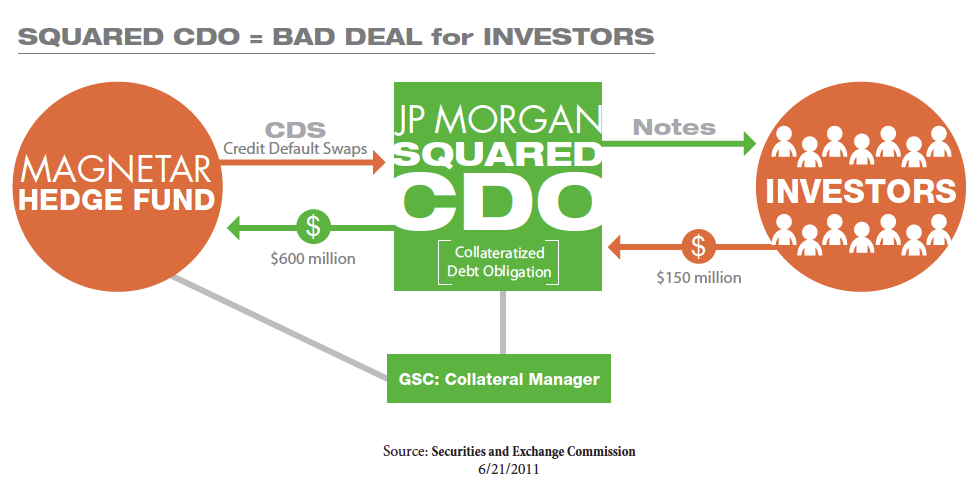US Bank Halts Evictions in Oregon After Judge Reverses Foreclosure
Oregon judges have delivered a series of setbacks to servicers and securitization trusts. A recent decision, Hooker v. Northwest Trustee Services, ruled that assignments of the beneficial interest (as in, transfers of the note) needed to be recorded. That makes any foreclosure in the name of the mortgage registry MERS a non-starter, since MERS was never and could never be the holder of the beneficial interest. This will have little impact going forward, since MERS has instructed servicers to stop foreclosing in its name, but there are plenty of foreclosures in the pipeline that were initiated in the name of MERS.
The latest move is that Judge Grand reversed a foreclosure sale due to the failure of the parties representing the lender to satisfy the requirements of Oregon’s recording statute
Read more...
